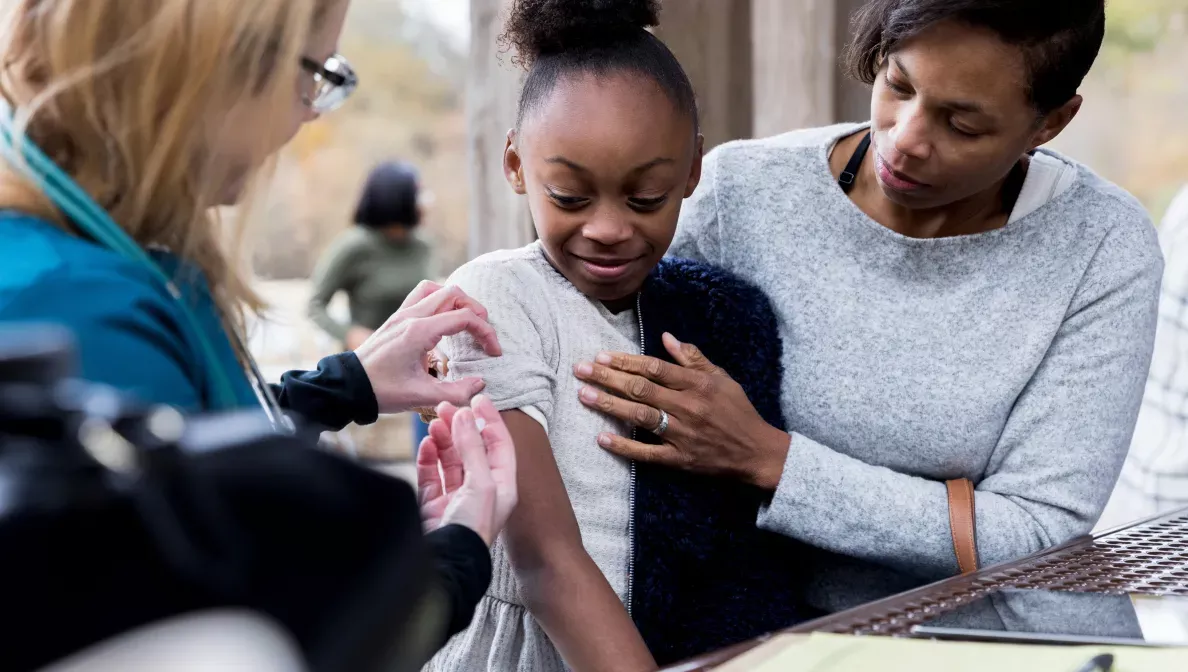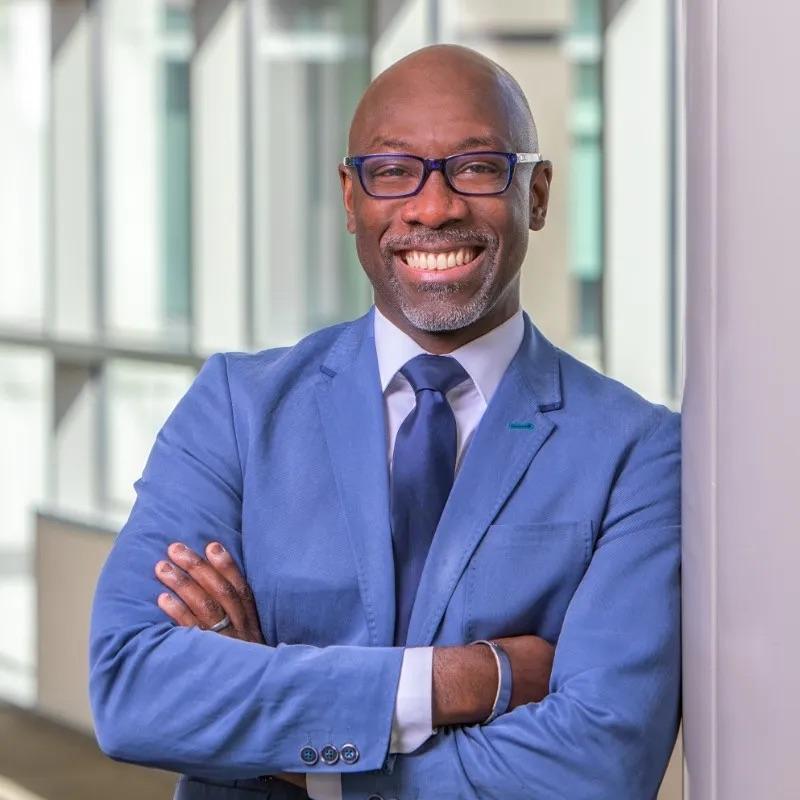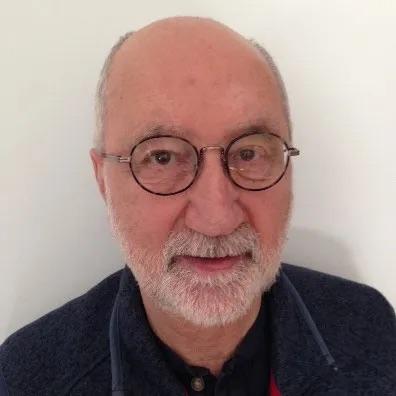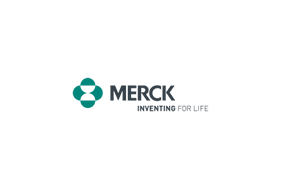How We Can Strengthen Vaccination Programs and Build Vaccine Confidence Together
Two Merck leaders share how their company is working to help protect communities from vaccine-preventable illnesses
Published 03-29-24
Submitted by Merck & Co., Inc.

Vaccines are one of the most significant public health achievements in modern history, playing a vital role in helping to prevent certain infectious diseases and protect communities across the globe.
Unfortunately, the COVID-19 pandemic brought forth a new set of challenges in sustaining vaccination efforts for other preventable diseases — highlighting existing disparities and inequalities in access to health care and underscoring the urgent need for action.
In two op-eds for Devex, an independent news organization covering global development, Drew Otoo, Pharm.D., president of global vaccines, Merck, and Alfred Saah, M.D., executive director of scientific affairs, Merck, highlighted some of the ways the company is working to address these challenges at the global, national and local levels.
Collaborating to help increase health equity
Otoo said collaboration across sectors is key to building trust, enabling equity and establishing stronger, more resilient vaccination programs.

“Now more than ever, we have an opportunity to evaluate and strengthen our approach… Together, we can help create a more equitable future where vaccines are available to and accepted by all who can benefit from them.”
— Drew Otoo, Pharm.D.
President of global vaccines, Merck
Otoo shared examples of Merck's work with local and global stakeholders to develop tailored approaches to improve vaccine confidence and supply vaccines for communities that might otherwise be without them:
- Local organizations and community leaders have a deep understanding of the issues contributing to inequities and low routine vaccination rates in their communities, and they’re essential to identifying and executing solutions. We know this to be the case from our efforts through ImmUNITY Chicago, an initiative we helped catalyze with local stakeholders to address lower vaccination rates among neighborhoods in the Southwest Side of Chicago, predominantly among communities of color.
- Strategic global collaborations are also critical to enabling stronger, more sustainable vaccination programs. We work with Gavi, the Vaccine Alliance — a global alliance that has helped to vaccinate nearly half of the world’s children in low-income countries.
Combating vaccine hesitancy and building trust
Saah emphasized Merck's commitment to addressing vaccine hesitancy (the reluctance or refusal to vaccinate despite the availability of vaccines) and building confidence at local, national and global levels.

“By understanding the knowledge gaps and prioritizing strategies that strengthen how we communicate…we can potentially combat vaccine hesitancy, improve vaccine confidence and make a difference in global public health.”
— Alfred Saah, M.D.
Executive director of scientific affairs, Merck
Despite the well-documented benefits of vaccines, hesitancy is a longstanding public health issue that can result in under-vaccination and global disease outbreaks. The reasons behind vaccine hesitancy are often connected to the 3Cs Model, defined by a World Health Organization strategic advisory group:
- Complacency: The perception that vaccine-preventable diseases pose little risk to individuals.
- Convenience: The degree to which vaccination services are accessible.
- Confidence: The degree to which an individual believes vaccines work, are safe and effective and are part of a trustworthy public health and medical system.
Saah shared some of Merck's efforts to improve vaccine confidence, which include:
- Working with collaborators to reach the global population and engage communities through mediums that resonate, such as social media, and through messages that can be delivered by trusted community members.
- Building capabilities for colleagues in local markets to better understand the strengths and vulnerabilities of vaccination programs on a global and national scale.
Continuing to improve vaccine access
Despite the challenges ahead, both Saah and Otoo are optimistic about the future.
“Combating vaccine hesitancy is not an easy feat and has been a challenge our global society has faced for centuries,” wrote Saah. “However, these challenges bring new opportunities to improve our approach and be better advocates for ourselves, our families and our communities.”
“By going where the need exists and continuing to invest in innovative, strategic and diverse collaborations, I'm confident we'll find new ways to solve complex public health problems.”
— Drew Otoo
Learn more about how collaborations can help yield stronger vaccination programs.
View original content here.

Merck & Co., Inc.
Merck & Co., Inc.
At Merck, known as MSD outside of the United States and Canada, we are unified around our purpose: We use the power of leading-edge science to save and improve lives around the world. For more than 130 years, we have brought hope to humanity through the development of important medicines and vaccines. We aspire to be the premier research-intensive biopharmaceutical company in the world – and today, we are at the forefront of research to deliver innovative health solutions that advance the prevention and treatment of diseases in people and animals. We foster a diverse and inclusive global workforce and operate responsibly every day to enable a safe, sustainable and healthy future for all people and communities. For more information, visit www.merck.com and connect with us on Twitter, Facebook, Instagram, YouTube and LinkedIn.
More from Merck & Co., Inc.

